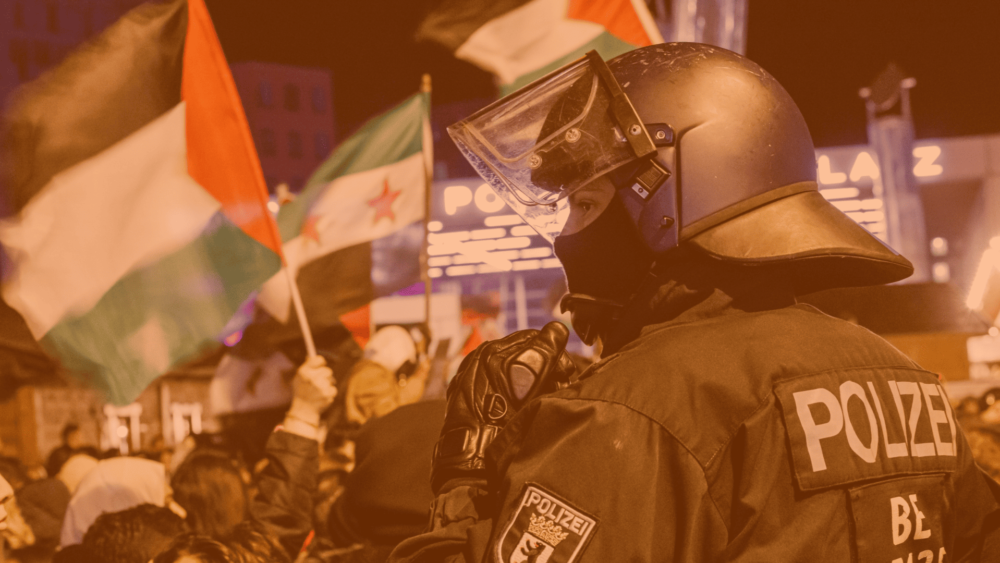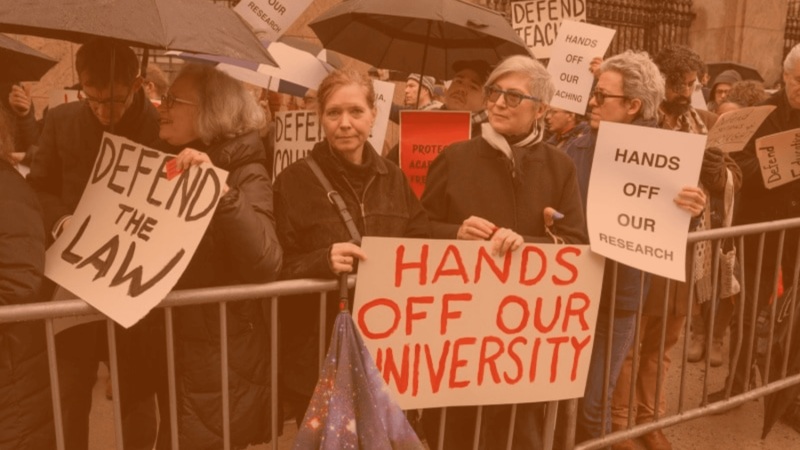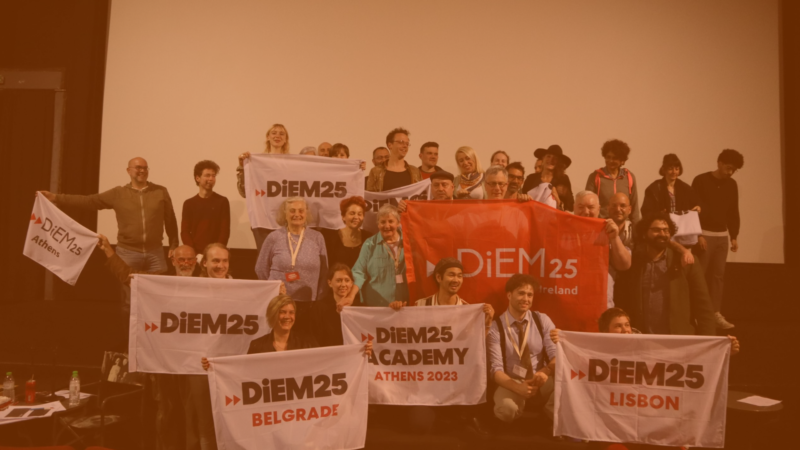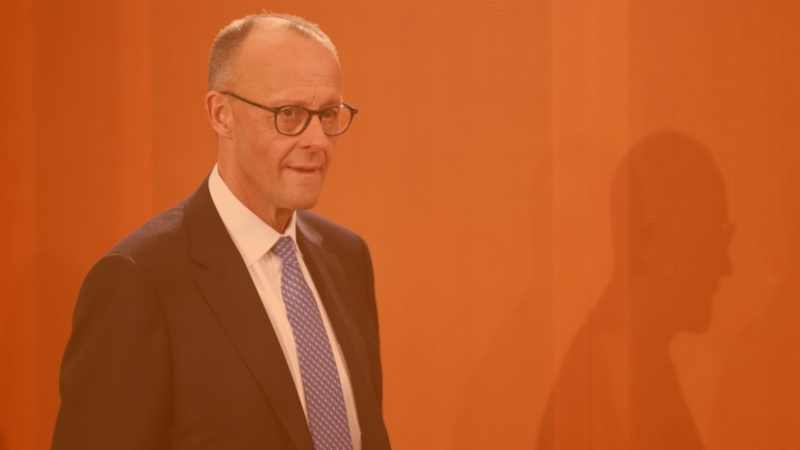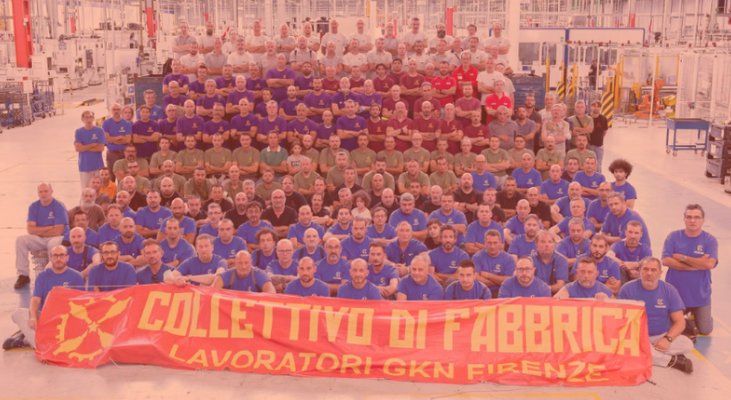In our recent livestream titled ‘WTF, Germany?’, we delved into Germany‘s multifaceted crises. The conversation touched upon the country’s economic downturn, driven by weakening industrial power, high energy costs, inflation, and lack of real leadership.
Additionally, the panel examined the recent political shift marked by the far-right AFD’s historic state election win and the government’s reintroduction of border controls, contravening EU principles.
Panel discussion: Key insights
Johannes Fehr highlighted the dual economic struggles in Germany: the longstanding suffering of workers from stagnating wages and the current financial pinch felt by the industrial sector. Chronic underinvestment in infrastructure, exacerbated by the loss of cheap Russian gas, has compounded these issues. He emphasised the country’s need for significant investment in renewable energy as a path forward.
Carolina Rehrmann dissected the rise of the AfD and the so-called left party led by Sahra Wagenknecht. Rehrmann ascribed the growing appeal of these parties to economic fears and identity politics, particularly in East Germany. A historical disadvantage since reunification fosters a sense of disenfranchisement, making it fertile ground for extremist ideologies.
Judith Meyer pointed out that immigration fears are often exaggerated by the media, creating a false narrative of migrant-driven issues. This fear-mongering distracts from the real economic and social challenges that need addressing.
Julijana Zita argued that the primary issue is a systemic focus on industry and market needs rather than the welfare of the people. She criticised the German government for its incompetence and lack of direction, especially since the Trump presidency in the U.S. disrupted the previously stable transatlantic relations.
Nour Hariri discussed the implications of Germany’s recent border control measures, arguing that these actions are more about political posturing than addressing real issues. She warned that this could deepen societal divisions and promote an unwelcoming stance towards immigrants, echoing concerns elsewhere in Europe.
Karin De Rigo shed light on the desperate need for housing reforms, citing the critical shortage of affordable homes. De Rigo stated that a systematic investment in social housing could mitigate many of these issues, drawing inspiration from successful models like Austria’s Communist Party policies.
Erik Edman provided a broader geopolitical context, emphasising that Germany’s economic policies have had a ripple effect throughout Europe. Edman argued that Germany’s short-sightedness and hubris have weakened the European Union, making Germany less able to cope with economic shocks and social tensions.
Watch the full discussion below
The path forward
It is clear that Germany’s multifaceted crises require holistic and forward-thinking solutions. The rise of extremist politics, economic challenges, housing shortages, and controversial foreign policies reflect deeper systemic issues that must be addressed.
As a radical political movement, we propose genuine solidarity, substantial investment in social infrastructure, and a resolute focus on human rights.
If you resonate with our views and want to be part of the solution, consider joining DiEM25. Visit diem25.org/join for more information.
Do you want to be informed of DiEM25's actions? Sign up here





